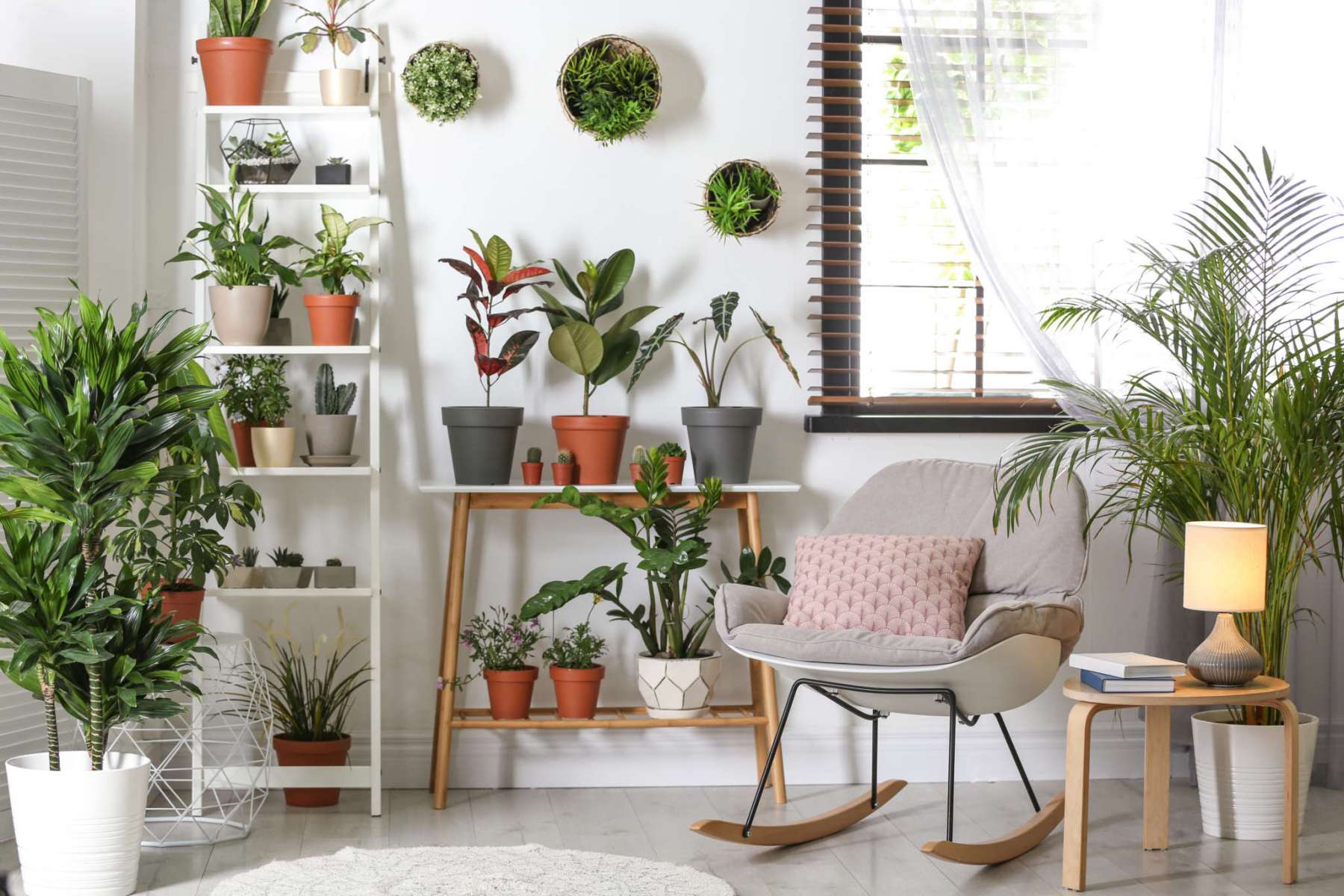Table of Contents
Home horticulture is an ideal coping strategy for the peculiar combination of boredom and anxiety while you’re stuck in quarantine. You get to nurture and care for something both appreciative and quiet. Cut off from people, work, and– well– everything, and with hours to fill, there’s never been a better time to turn that thumb green. We’re giving you gardening tips to help you plant your own kitchen herb garden and other types of plants. (And if you need help with tree removal to make space, get quality tree removal service from Tree Service Evansville to get the job done easy!)
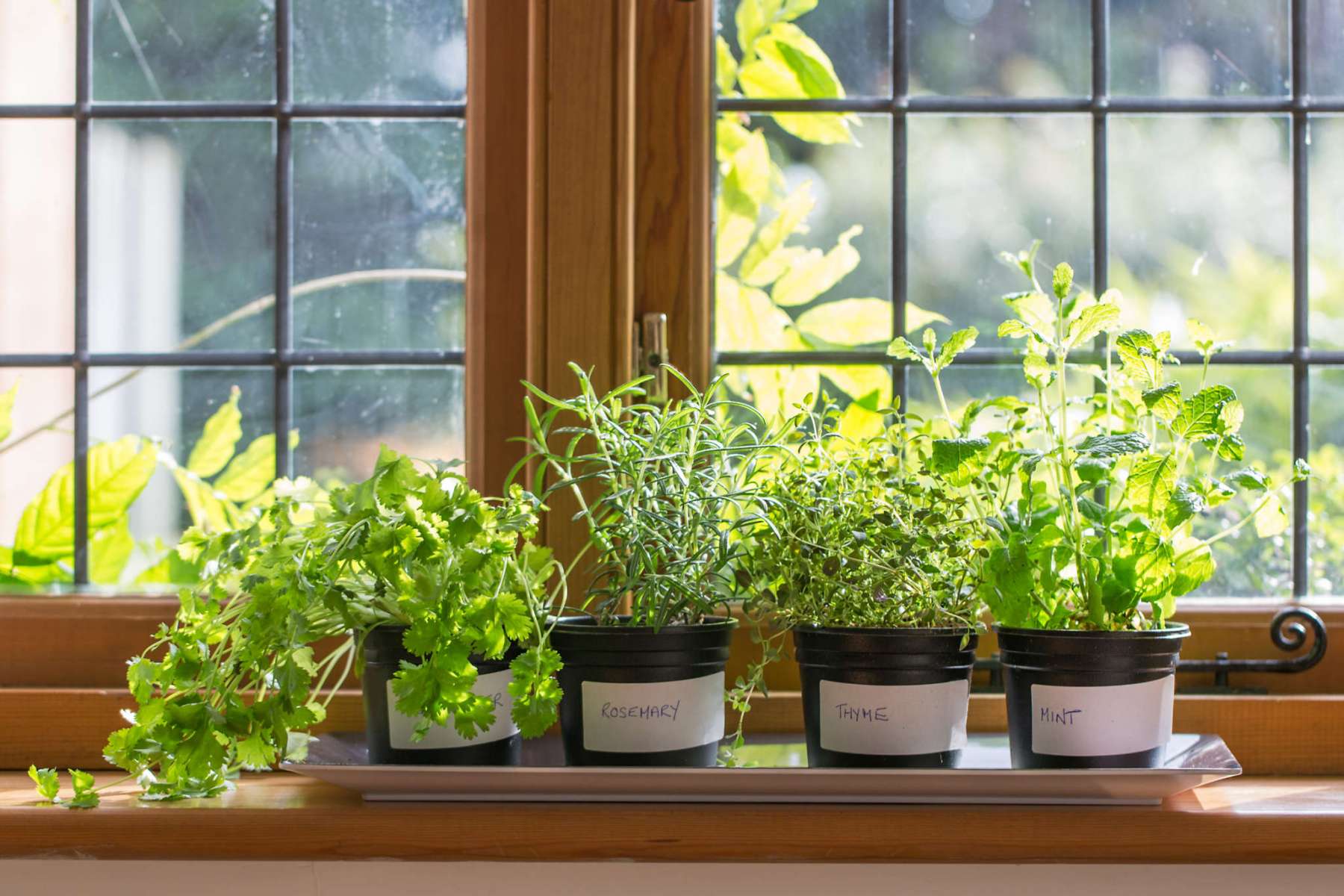
Herbs for the Kitchen
We will touch on just a few of the manifold benefits of growing a kitchen herb garden. First, your cooking will taste restaurant quality (if anyone remembers restaurant cuisine at this point) when you use fresh herbs. They smell great while they’re growing, and you can’t beat the style a planter overflowing with herbs adds to your kitchen. You can get seeds here. Here are a few gardening tips from Louisville garden care experts to help you grow herbs:
- Basil: make sure it gets 6 hours of sunlight and prune the top third to keep it growing.
- Rosemary: plenty of sun, let the soil dry out between watering, and prune.
- Thyme: hardy and doesn’t need specialized care, just pruning and let it dry between watering.
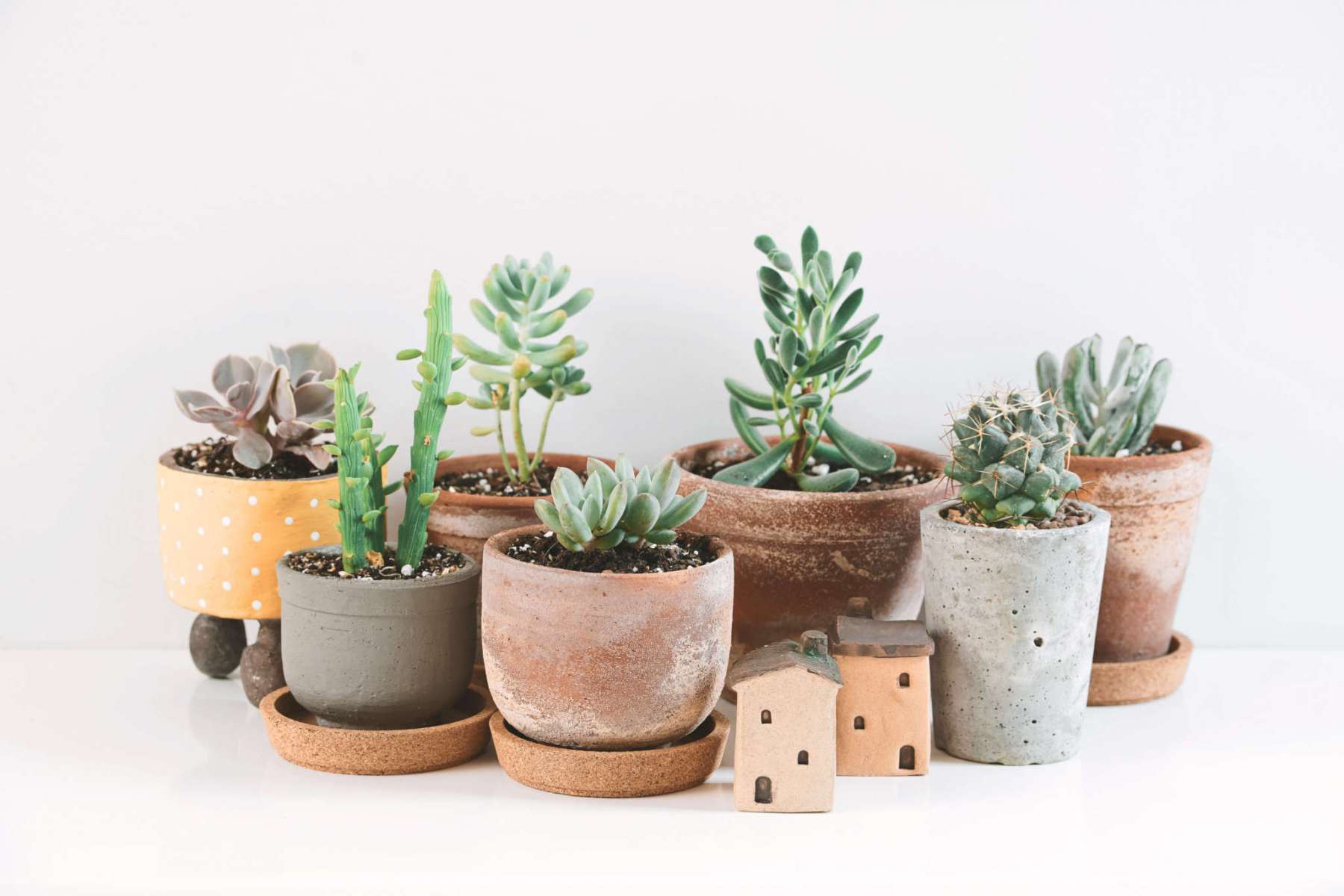
Stylish Succulents
One of the most attractive parts of adding succulents to your home is the variety of containers you can plant them in. Etsy’s filled with storefronts specializing in both succulents and handcrafted stylish planters for the low-maintenance plants. Or spend an afternoon crafting some DIY planters yourself. Shop succulents here. A few gardening tips to give them the best care:
- Plenty of sun, at least 6 hours a day, careful that they’re not over-exposed in direct sunlight.
- Let the soil dry between waterings and use planters with plenty of drainage.
- Rotate plants and clean the leaves so they’re getting even sun exposure.
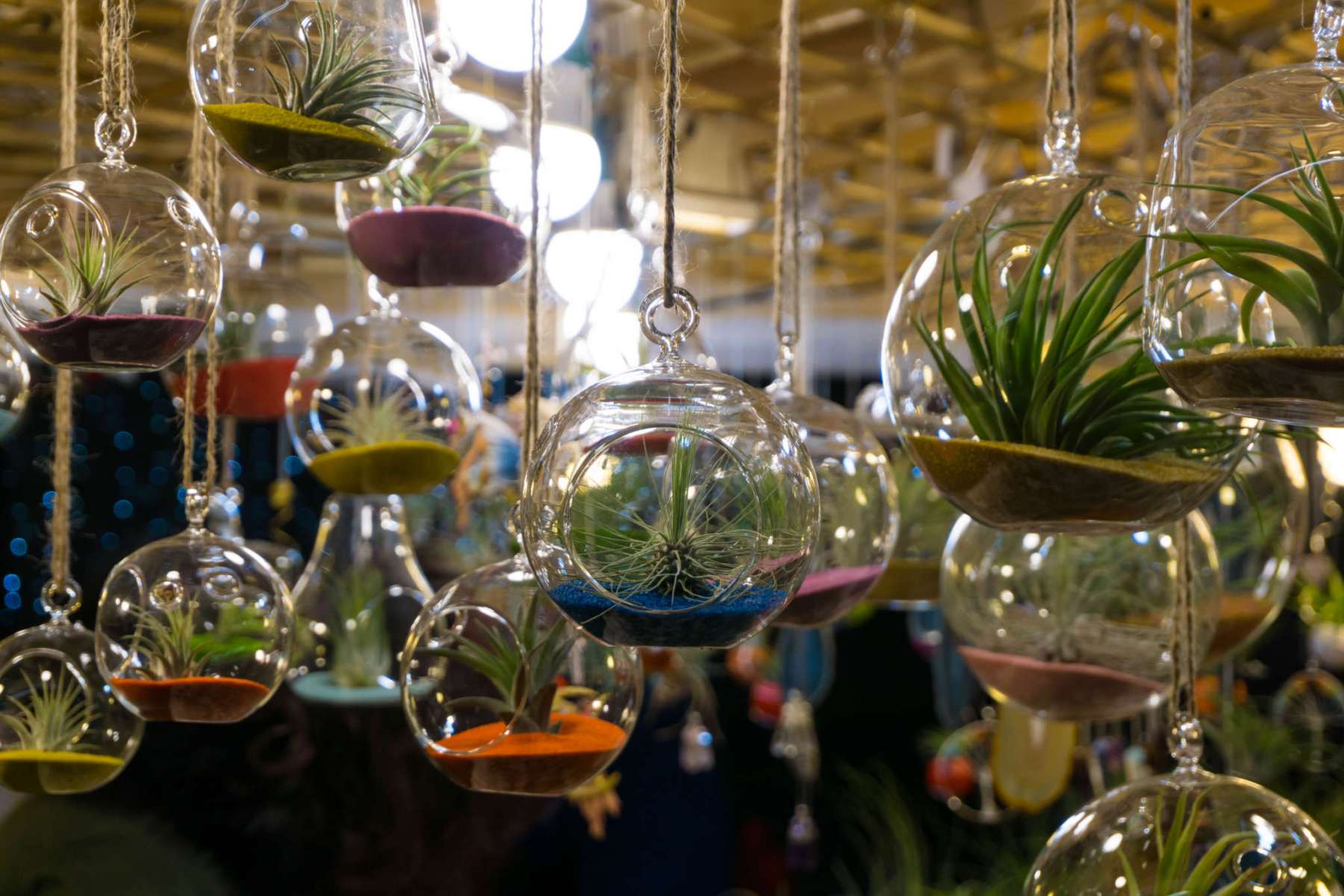
Hanging Air Plants
If you love the aesthetic of Invasion of the Body Snatchers but don’t consider yourself a “nurturing personality,” let us introduce you to air plants. In nature, they grow on the bark of trees, in bushes, or on rock faces. Never in soil. You can hang them in windows, set them on shelves, let them take root on pieces of wood, or in picture frames. They’re ideal for small apartments and homes without a lot of horizontal space for flower pots. Buy online here.
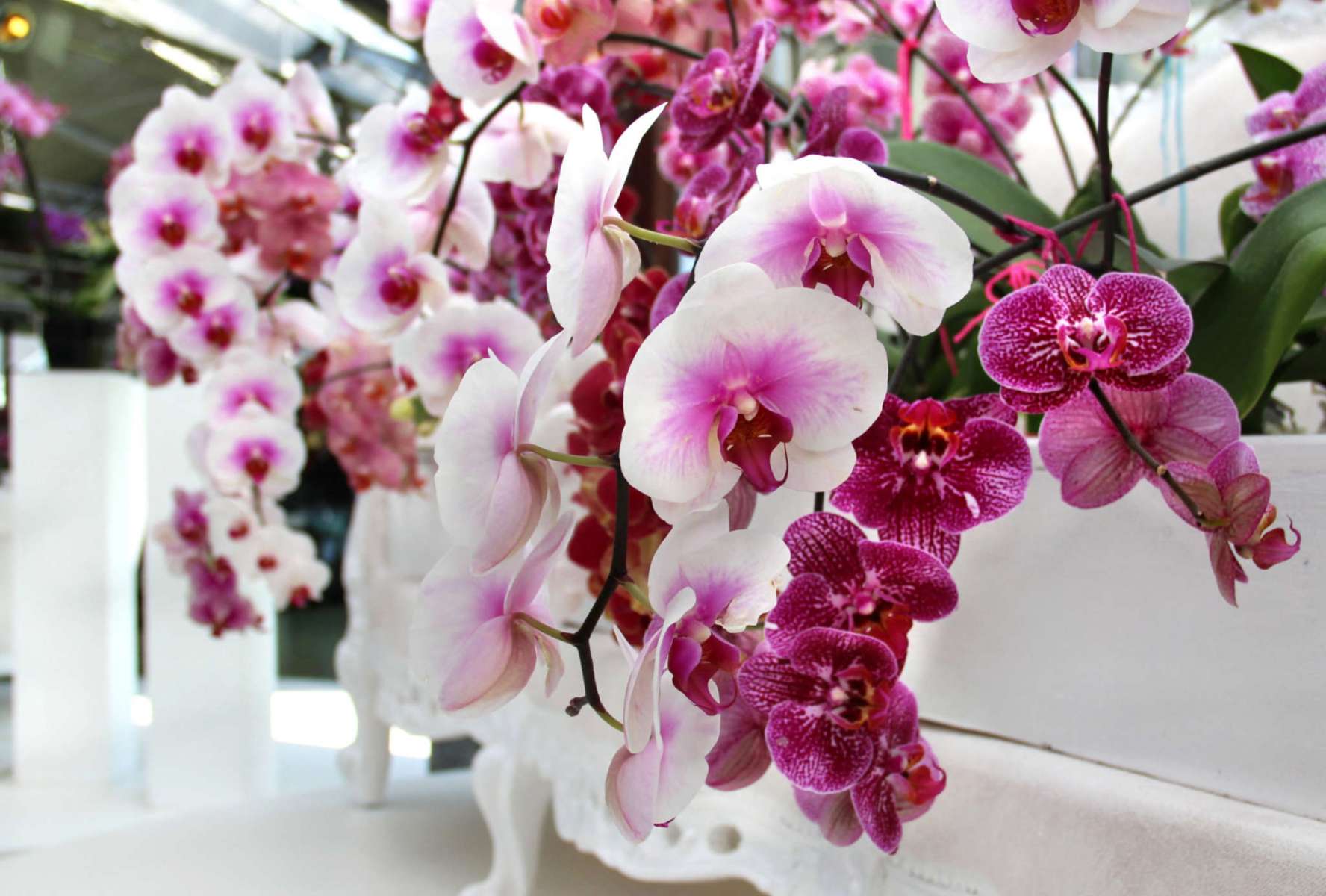
Dramatic Orchids for Hobbyists
If you’re a go big or go home personality, now’s the time to keep an orchid alive. They’re the boss-level of gardening. They require specialized care. Meaning you should pick one out of the 880 types in the family and get to know it well. Shop online here. Below are some gardening tips to keep an orchid healthy:
- When orchids stop blooming, repot with an orchid mix of moss, bark, and perlite.
- Place orchids in bright east or west-facing windows.
- Fertilize weekly with orchid food.
- Never, never, never overwater. Orchids are highly prone to root rot.


